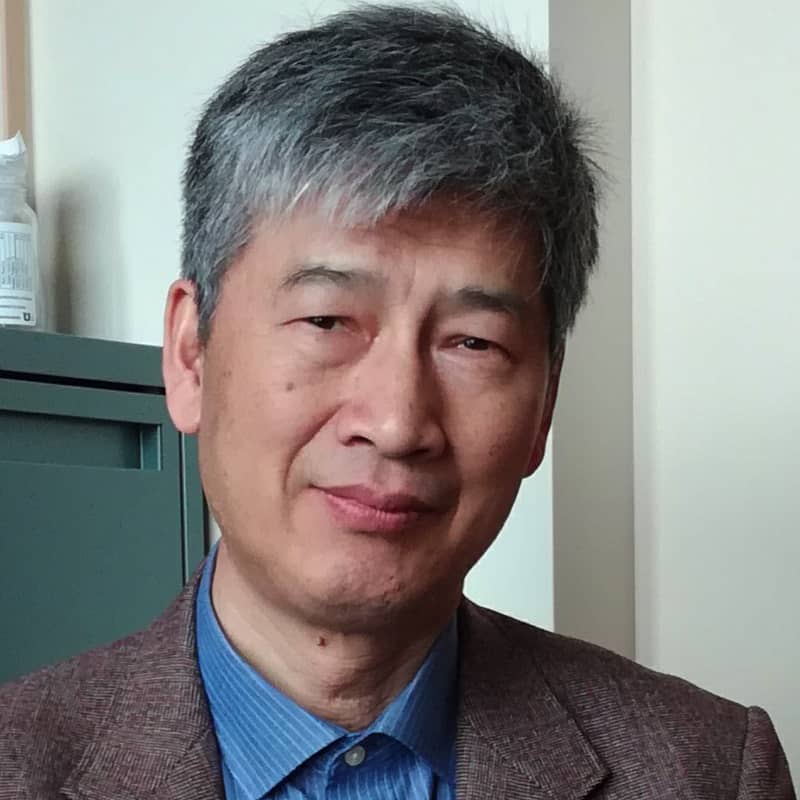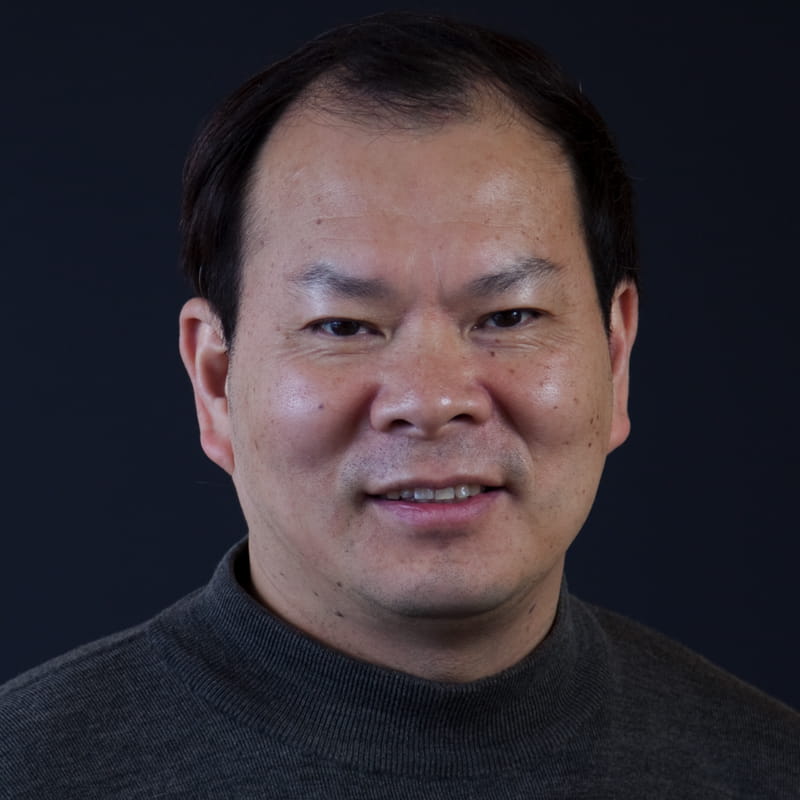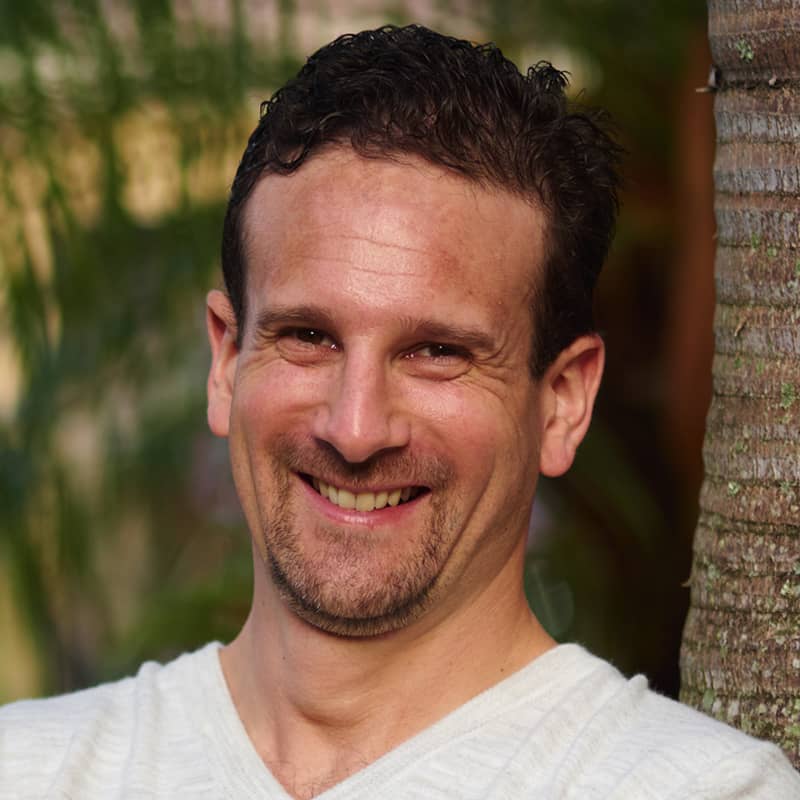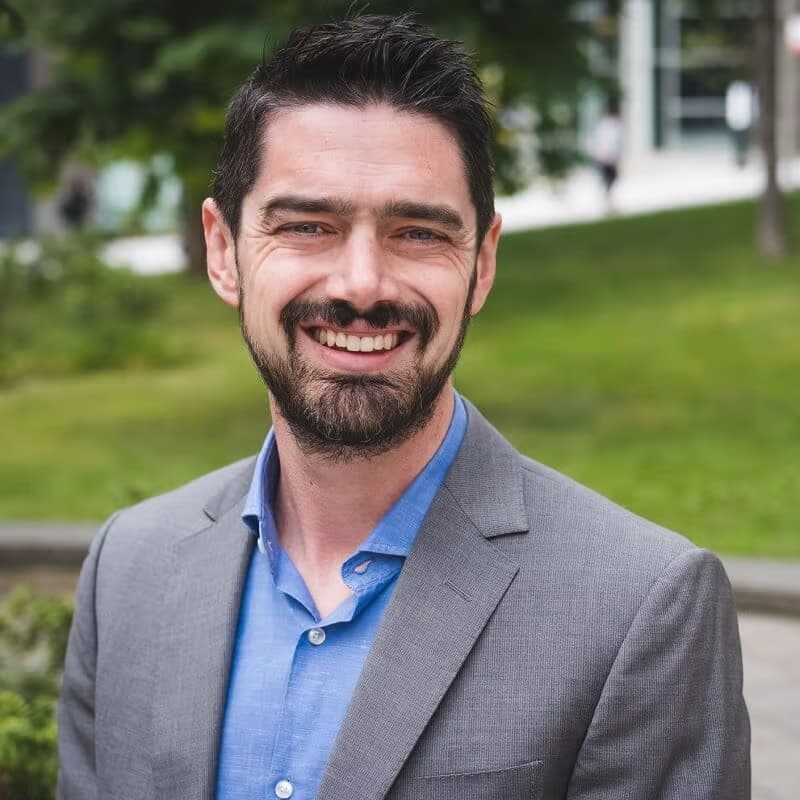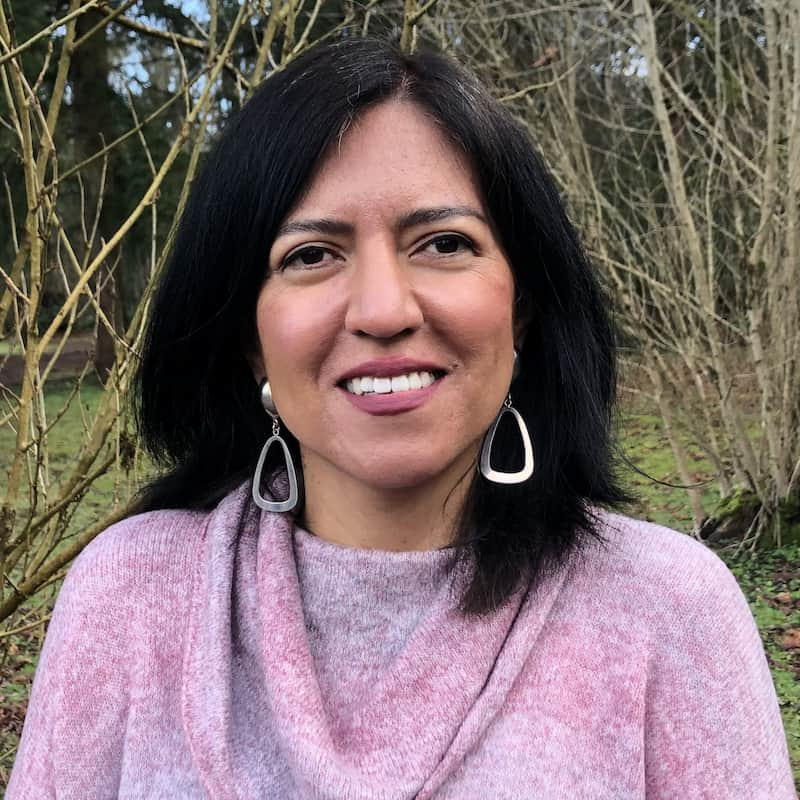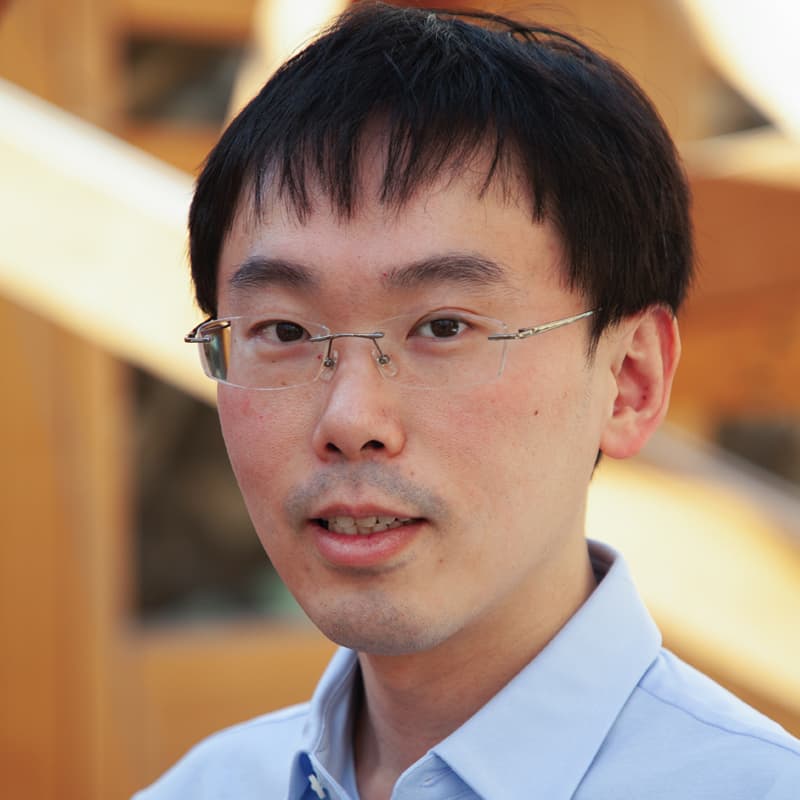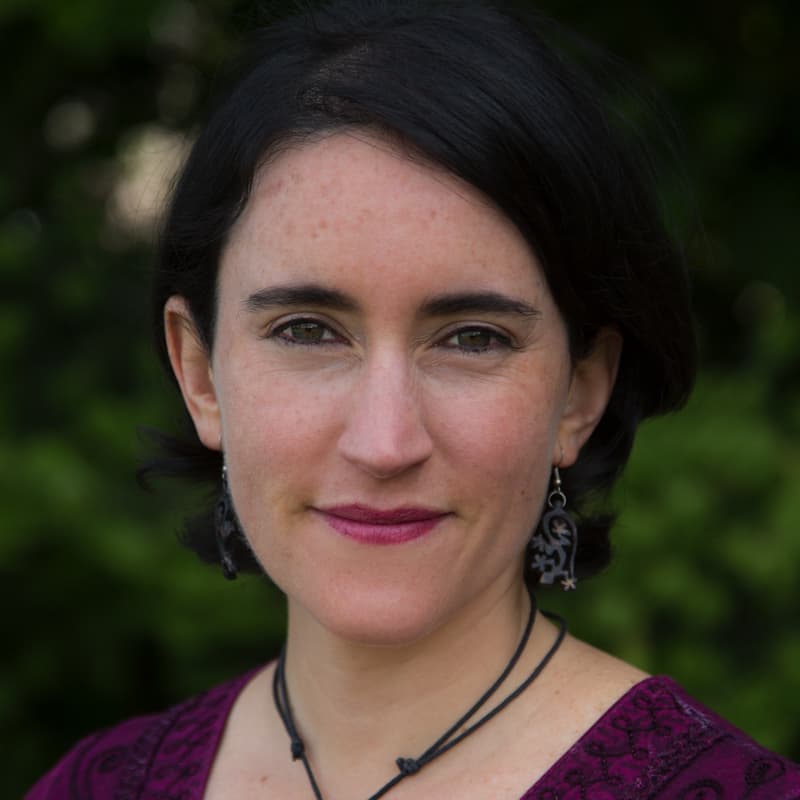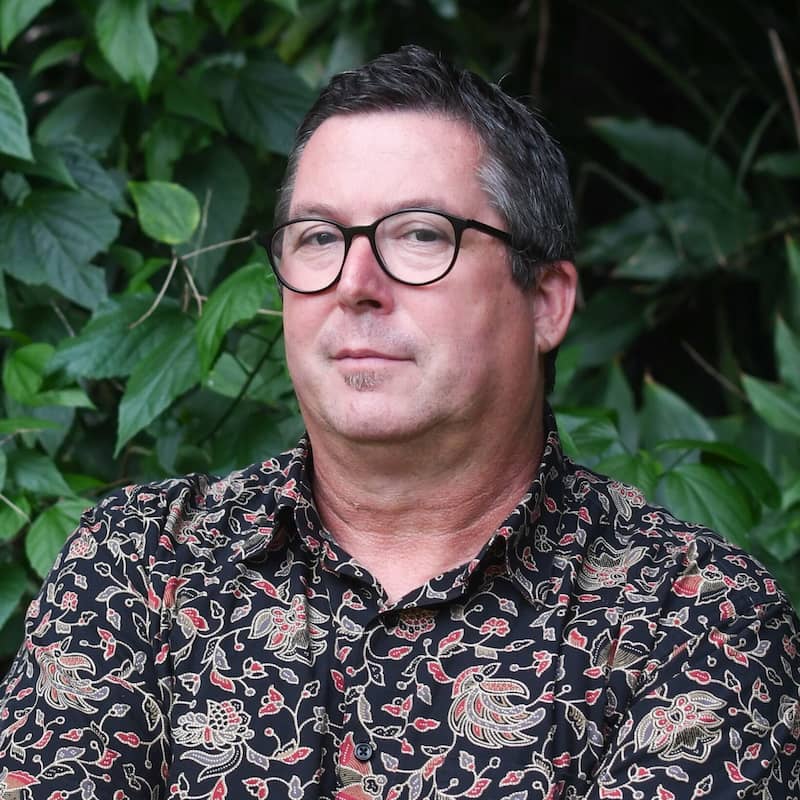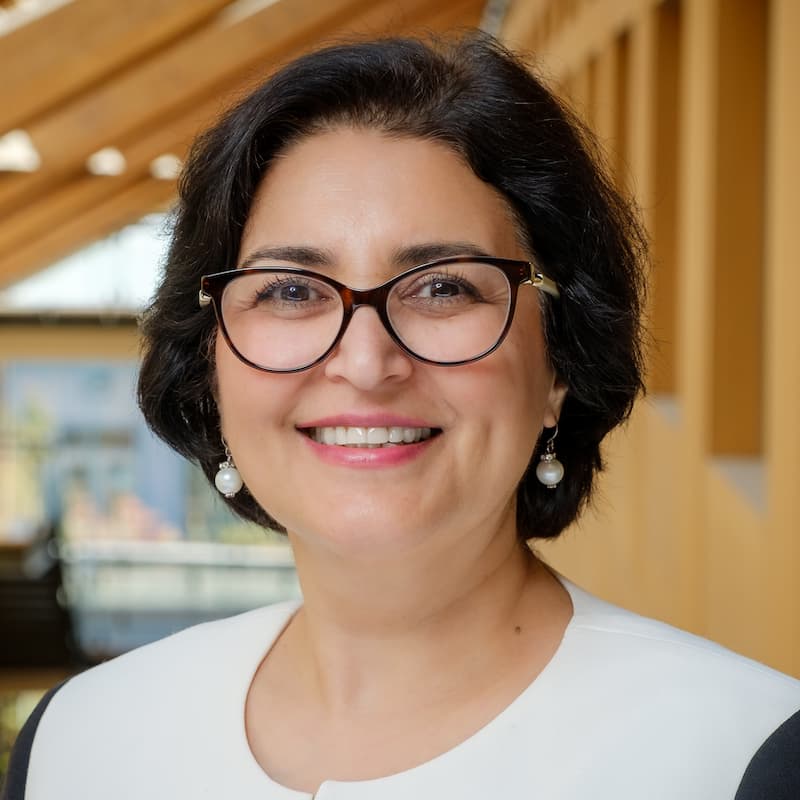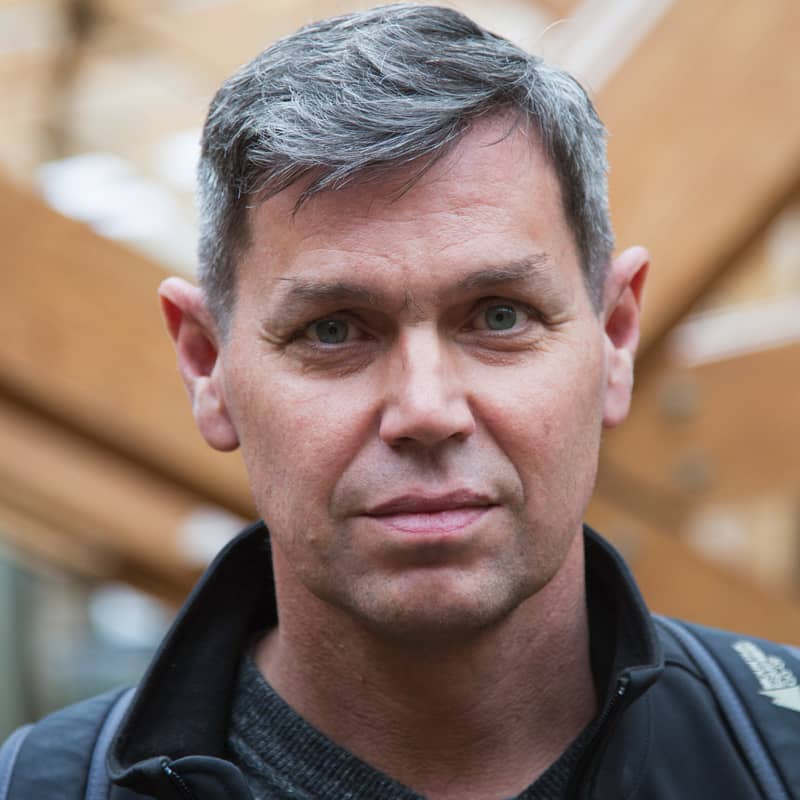Dr. Guangyu Wang’s research interests include sustainable forest management and integrated watershed management, specifically using computer modelling applications. He has completed several research projects on watershed-scale forest restoration and sustainable development projects, wherein he used system dynamic approaches, bioregional assessments and geographic information systems techniques to analyze the mechanisms of ecosystem degradation and model broad land use management. One of his major research focuses involves examining Chinese forest management practices, where he has been able to develop novel management plans and sustainable management models for Chinese forests. Furthermore, Dr. Wang is currently involved in serval researches related to climate change, forest adaptation and carbon market mechanism.
As a previous business professional, Dr. Wang is also interested in the strategic planning and financial management of natural resources, in addition to the public perception and implementation efficiency of land use change policies.
More detailed information please see the links below:
Projects
Asia Forest Research Center
afrc.forestry.ubc.ca
The Asia Forest Research Centre is a cross-departmental entity within the Faculty of Forestry, with the ability to promote regionally specific research to enhance forestry practices and knowledge in Asia. Seeking to enhance the research capacity at UBC, the Centre facilitates forestry research by both domestic and international students and scholars. A comprehensive network involving scientists, policymakers, practitioners, and other stakeholders will be extended by research and support conducted at the AFRC and will further advance Asian forestry research. The AFRC additionally works closely with partners to continuously enhance knowledge, networking, and capacity building within the region. Further, the Centre will promote education and exchange opportunities, while augmenting research and engagement on forest-related issues in Asia. Student recruitment and mobility will continue to advance, wherein unique and valuable research experiences will be provided to students and scholars.
While forest management strategies generally differ among Asian countries and Canada, both regions have common objectives of sustainable forest management, production of wood products, and trade. The Asia Forest Research Center provides a mechanism for collaboration and management integration between Asia and Canada, addressing gaps in forest management knowledge and the effectiveness of current management strategies. In a region experiencing unprecedented deforestation, climate change, and general loss of biodiversity, the AFRC is critical for the sustainable and adaptive forest management of Asian forests for future viability.
National Park Research Center
nationalparks.forestry.ubc.ca
For over a century, national parks systems have represented a unique tool that helps countries approach natural landscape protection in a cohesive and integrated way. The National Parks Research Center (UBC-NPRC) strives to promote national park management best practices through research projects that analyze and evaluate various country approaches. Ultimately, our aim is to synthesize information on what works and what doesn’t work in national park management. It is our hope that these projects will help inform existing and newly implemented national park systems worldwide.
The UBC-NPRC functions under 4 guiding principles:
- Facilitating information sharing to benefit national park management in the Asia Pacific and worldwide
- Promoting regional cooperation between national park managers, policymakers, scientists, and other stakeholders
- Providing research-based support to our partner organization
- Improving science-based national park management through our networks and research
Adaptation of Asia-Pacific Forests to Climate Change
https://asiapacific.forestry.ubc.ca/
Climate change is one of the most important threats to the capacity of forest landscapes to provide ecological, economic and social services in the Asia-Pacific region. Meanwhile, the potential of forests to mitigate climate change represents a major opportunity for the forest sector, as forest ecosystems can either serve as a carbon sink or carbon source depending on their level of health and their resilience to climate change. There is remarkably little evidence that science-based decision-making processes are being incorporated into forest management practices in the Asia-Pacific region. As a result, considerable uncertainty exists over management policies aimed at enabling forests and forest-dependent communities to adapt to climate change. The goal of this project is to address this uncertainty and help forest managers and policy-makers to develop effective management strategies to maintain resilient forest ecosystems for adaptation to climate change.
Phase 1 of the project was implemented from November 1, 2011 to October 31, 2014. All research and associated activities have been completed and some have exceeded the original objectives, including the publishing or submission of 28 papers in scientific peer-reviewed journals. Phase 2 of the project is currently in progress, with an expected completion date of December 31, 2018.
Asia-Pacific Forestry Education Coordination Mechanism
apfecm.forestry.ubc.ca
Forests in the Asia-Pacific region serve nearly half of the global population. More than five million people work in the forestry sector in this region. However, the region’s forests face mounting challenges, such as a decline in forest cover, loss of biodiversity, damage to forest ecosystems and reduced ecosystem stability and resilience. To address these challenges, an improved and more innovative team of forestry practitioners is critical, and post-secondary forestry education and training will play a key role in creating this team. It will require closer linkages and synergies among forestry institutions and forest-related organizations in our increasingly globalized world.
Initiated by the Asia-Pacific Network for Sustainable Forest Management and Rehabilitation (APFNet), the Asia Pacific Forestry Education Coordination Mechanism (AP-FECM) (former name: the Forestry College Deans Meeting Mechanism in the Asia-Pacific Region) was proposed during the First Forestry College Deans Meeting in 2010 and formally launched in the second meeting in 2011. Its objective is to develop concrete activities in support of the reform and improvement of forestry education in the region. The mission of the Asia Pacific Forestry Education Coordination Mechanism (AP-FECM) is to promote forestry education by strengthening cooperation and taking collaborative actions that contribute to furthering Sustainable Forest Management (SFM).
Evaluating forestry carbon to contributions to the carbon Market
https://forestcarbon.forestry.ubc.ca
China, being the largest greenhouse gas emitting country in the world, has been working tirelessly to reduce emissions by taking direct action through the adaptation of policy and promoting energy conservation. Emissions trading has become an important part of the policy to reach emission reduction goals in China. In October of 2011, the National Development and Reform Commission (NDRC) approved pilot projects of emissions trading rights in Beijing, Tianjin, Shanghai, Chongqing, Hubei, Guangdong, and Shenzhen provinces. In accordance with the U.S.-China Joint Presidential Statement on Climate Change in October 2015, there are plans to launch a nationwide emissions trading system in 2017 in China. This system will cover steel, chemical, building materials, paper, electricity, non-ferrous metals, and other heavy metal industries in order to reach an emissions peak by 2030 (Wang, 2015).
In order for China to achieve its promised emissions peak by 2030, the transition to low-carbon economic growth and green development is a necessity. Plans to launch a nationwide emissions trading system in 2017 will create the world’s largest emissions trading market. Understanding the existing foreign emissions trading markets and rules is necessary to establish a Chinese carbon market. Forestry will be the main source of future carbon sinks while being important for domestic and international trading. The inclusion of forestry carbon sequestration, and the rules and market docking that apply, requires more research to be a part of the carbon market in order to establish a unified market in China.
The Asia-Pacific Network for Sustainable Forest Management and Rehabilitation (APFNet) American’s Office
americasoffice.forestry.ubc.ca
The APFNet-UBC Americas Office has been established in the Faculty of Forestry at the University of British Columbia (UBC). The UBC-based Americas office will bridge the cooperation between APFNet and the economies at the Pacific eastside (North and South America), which is very important for, and will contribute to, the future development of APFNet and the Asia Pacific Region’s forestry.
As described by APFNet’s Strategic Plan 2016-2020, North America and Latin America are two key regions under its geographic focus. The Americas Office has been established to facilitate the efficient cooperation between economies within this region in order to promote sustainable forest management and rehabilitation. The role of the Office will expand APFNet’s efforts in North America, Latin America, as well as Oceania, through a number of initiatives promoting capacity building, information sharing, supporting policy dialogues, and demonstration projects.
Multidisciplinary Institute of Natural Therapy
mint.forestry.ubc.ca
MINT is a multidisciplinary group cooperating with different agencies, including UBC Faculty of Forestry, BC Cancer Research Center, UBC hospital, Association of Nature and Forest Therapy (ANFT), and other forest therapy business groups.
We aim to promote forest therapy and bridge the scientific gap between forest therapy activities and physiological and psychological impacts on human beings. Specifically, our team has the following objectives:To identify the mechanism of the interaction between forest therapy and humans.
1. To analyze the different impacts of forest therapy activities on humans.
2. To determine the impacts of forest therapy on humans by different audience groups.
3. To develop an integrated approach for different forest therapy audience groups.
